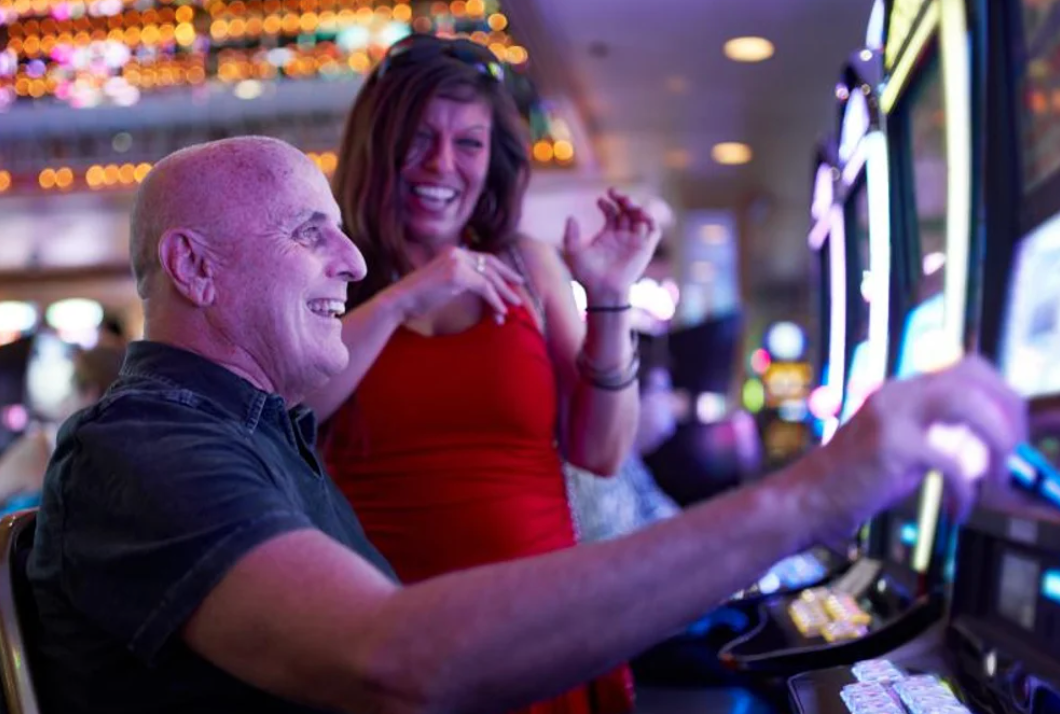Gambling is fun for adults of all ages. Many gamblers like to go to the races, play at home poker, and also dream of winning the lottery. Especially for seniors, playing poker every week or visiting the casino every year can be an opportunity to socialize and take a nice break from their boring life. They are indeed prone to such addictions due to the feeling of loneliness.
The older generation has a vulnerability, so they need to be monitored and taken care of. A large number of people, young and old, play really responsibly, but such a pastime can turn into a big problem. Many authoritative blogs and news portals of the gambling world like QYTO share statistics about this area and recommend only trusted casinos that cooperate with health organizations.
How to recognize gambling addiction?
For a long time, senior players convince themselves that nothing terrible is happening, that they will stop playing at any moment, just play a little more and stop. Many people say that they play to kill time and to entertain themselves. However, later the desire to participate in the game becomes so overwhelming that it only leads to an increase of the level of addiction. Signs of gambling addiction are the following:
- high “social courage” – a tendency to take risks, disinhibition, anomalous style of behavior;
- “Susceptibility to feelings” – a tendency to inconstancy, exposure to the influence of chance and circumstances, reduced compliance with generally accepted norms and prohibitions in behavior and interpersonal contacts;
- “Expressiveness” – emotional disorientation of thinking, spontaneous belief in good luck;
- “Tension” – active dissatisfaction with aspirations;
- “Instability of self-control” – conflict of ideas about oneself; inadequacy of self-esteem (regardless of age group).
The gambler is characterized by a reduced ability to control his own impulses. Despite the numerous negative consequences, the senior’s craving for play increases, the inability to play causes tension, aggression and an increasing desire to play.
Gambling addiction is an addiction after all, and it develops according to the same laws as drug addiction or alcoholism. Therefore, professionals – doctors and psychologists – must be involved in helping to overcome gambling addiction.
Are Gambling Problems Common Among Seniors?
Nowadays the senior people are a source of income for the gambling industry. As new gambling opportunities open up across the countries, more and more seniors are being hooked. According to the Northstar Alliance for Problem Gambling, seniors in their 65s prefer bingo and gambling to other forms of entertainment like movies, dinners etc.
Research from various universities has shown that about 10 percent of people over 65 gamble more money than they can afford. According to a study in the journal Frontiers of Psychiatry, “The elderly are becoming more and more addicted to gambling, and the proportion of pathological gamblers is increasing. It’s about finding fun and fighting boredom and loneliness. ”
The document also calls on various health authorities and policymakers to deal with this problem. Gambling addiction among older people “is a serious harm” as many of them have no resources to recover if they lose their savings.
What Can Be Done About the Problem of Gambling of Senior People?
If you notice someone showing signs of gambling addiction, talk to that person about the problem. Experts say many older people manage to reduce their impact or quit gambling with help or on their own as soon as they become aware of the situation.
The help of a specialist is often needed. Individual therapy with a psychologist or therapist is often the best treatment for older people with gambling addiction. A therapist can help eliminate any underlying anxiety or depression. Group therapy can also be very effective.


